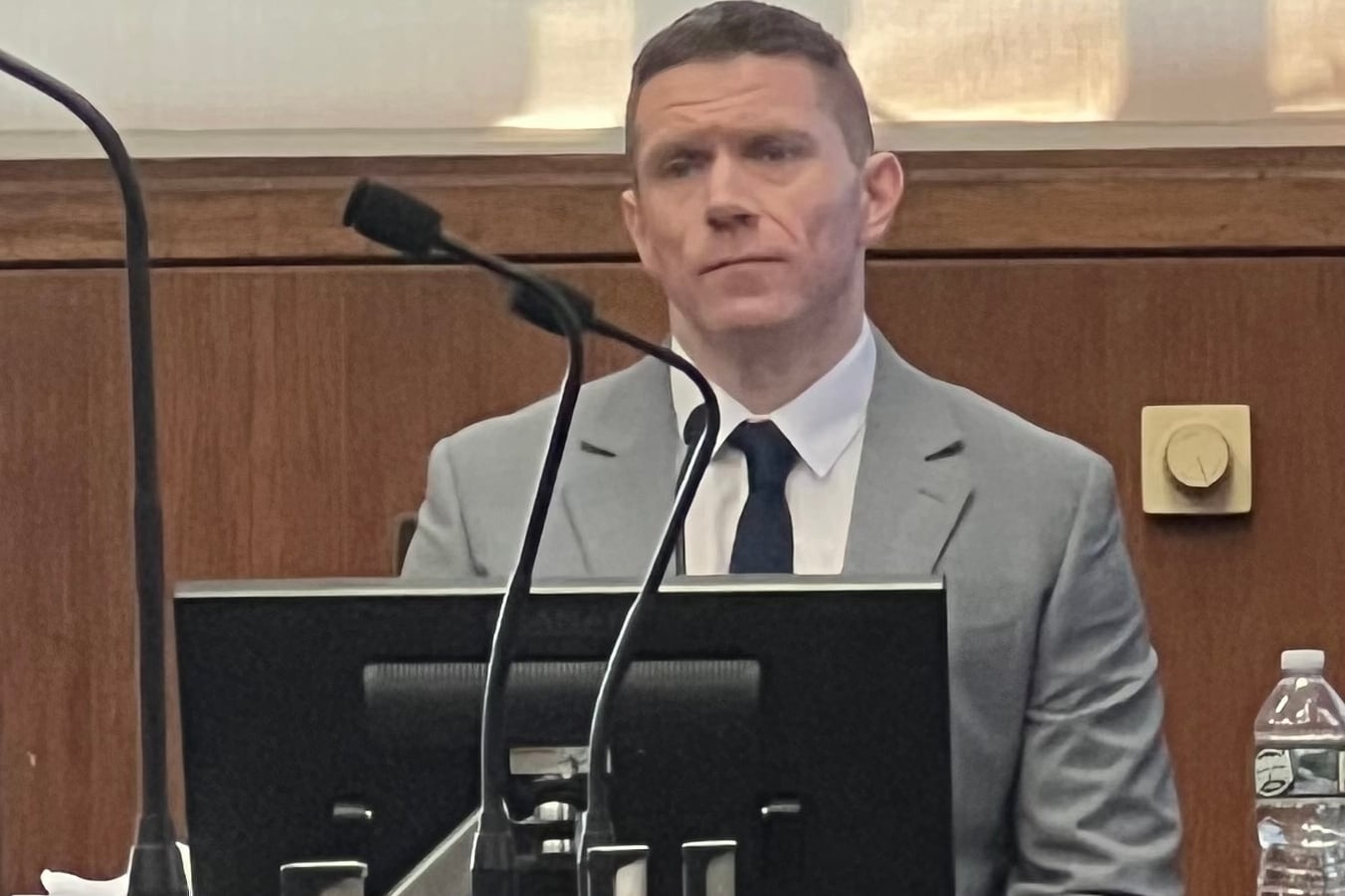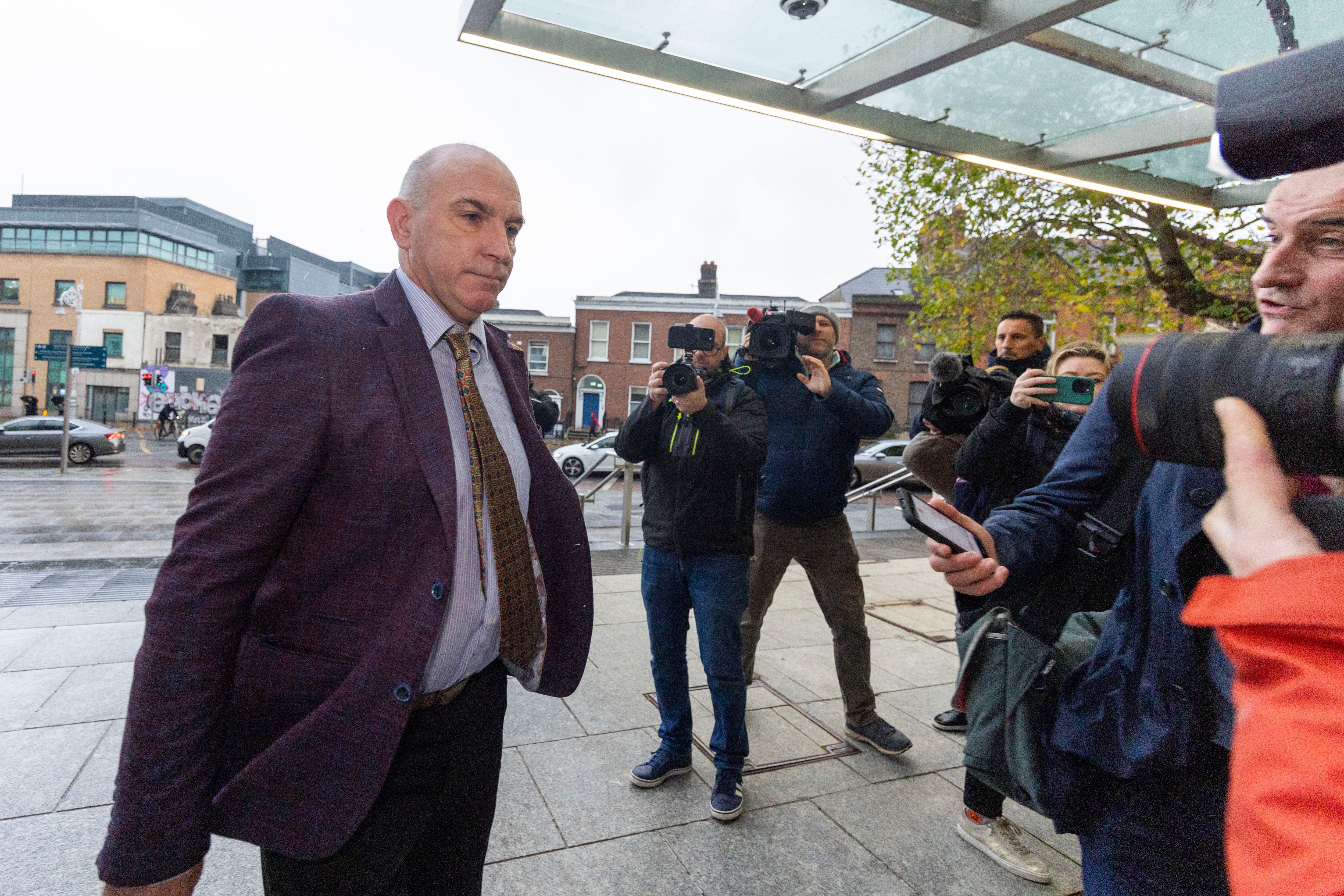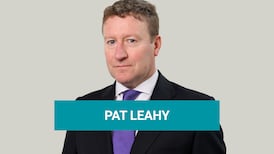We are in the calm before the storm of negotiations on October’s budget. And a storm it will be.
The news that the US has agreed to cap tariffs at 15 per cent on pharma imports from the EU removes a key short-term risk from the economic outlook. This will ignite the debate over what should be in the package and encourage those in Government demanding more giveaways.
Budget Ministers Paschal Donohoe and Jack Chambers might well have preferred if the jeopardy from Washington on tariffs was prolonged a bit, to help keep the other Ministers and baying backbenchers in check.
At the centre of this debate will be whether Budget 2026 should include a cost-of-living package, a repeat of the once-off giveaways of recent years, including a mix of expensive universal measures and less-costly targeted ones.
READ MORE
With corporation tax shaping up again to outperform expectations, there will be those on the Government benches screaming for a repeat of what are now misleadingly referred to as “once-off measures” – cash payments such as electricity credits and double child benefit weeks, which had their third outing in the last budget.
The reason the Government can’t keep throwing out once-off payments is simple. They are eye-wateringly expensive. And a Government that has committed to spend €100 billion plus on State investment projects up to 2030 needs to be sure it has the cash to pay for this.
Budgets are all about choice and trade-offs. Some €16.5 billion has been spent on once-off supports since 2022.
That’s probably enough to build the Metro. Households needed support at the peak of the inflation crisis that emerged after Russia’s full-scale invasion of Ukraine, particularly less well-off ones and those hardest hit by soaring fuel bills. Time dictated a quick, rather than a considered, response. Fair enough.
But instead of working out a way to focus the money better and phasing out the universal payments, which gave cash to those who didn’t need it as well as those who did, the last government just ploughed on in subsequent years.
[ The Irish Times view on Budget 2026: put the focus on what is importantOpens in new window ]
Now the Coalition is under pressure because of the purely political decision last year to butter up voters before the general election with another €2.2 billion package including – ridiculously – more energy credits and not one but two double child benefit weeks.
Let’s consider what else could have been done with the money. The €570 million spent on energy credits last year, which many better-off households will not even have noticed, would have paid for the multiyear cost of the extension of the Dart to Drogheda, given the planning go-ahead this week as part of the Dart Plus programme.
Estimates in 2021 were that the capital cost of this would be about €450 million, so we have even allowed for a good dose of inflation. The entire Dart Plus programme, including extensions west and south, would have been paid for by the combined cost-of-living packages in the last two budgets, which comes to about €4.5 billion.
You could argue that I am comparing apples and oranges. But at some stage Irish budgets have to return to normality after the large Covid and cost-of-living ones.
Otherwise, we are doubling down our bets on corporate tax receipts continuing to soar and risk a shuddering adjustment if this does not happen. Or a decision, like the one made after the financial crash, to ditch vast amounts of State capital investment to balance the books. We know the problems that has caused and it simply cannot happen again.
If the Government wants to spend a few hundred million in once-off payments to the least well-off in this budget, then it can no doubt afford to do so. But would it not be better to plan to develop permanent supports to address areas such as child poverty?
The double welfare Christmas payment is now an annual and entirely justified announcement. But are we to add to this a double child benefit week and a whack of energy credits as things voters expect in each and every budget, thus committing at least €750 million in additional cash each year.
And make no mistake, repeating these payments in Budget 2026 will fix them as hardy annuals in the minds of voters.
The once-off payments have been a bit of a pact between Ministers and the bean counters in the Department of Finance, who shrug and look the other way because at least new permanent spending commitments are not being made.
But with a €9.4 billion package planned for this budget, the Government should have enough leeway to make progress on key social issues. And to continue improvements in areas such as childcare, which will make more difference in the long term to the squeezed middle than a few extra euro.
If the Government chooses to dole out once-off cash through universal payments again this year it will look like one of those clueless big corporations which, rather than investing in their operations, instead return money to their shareholders.
It will also be ignoring the risks from Washington either from direct measures to reshore investment or moves to get big companies to pay more tax in the US and less in countries like Ireland. Or just the general Trumpian chaos, which could yet cause financial market upheavals.

The Irish economy remains healthy, though growth is slowing a bit. This week’s jobs figures from the CSO showed a slowdown in employment growth.
Job numbers in the key tech area are down by 7,700 or 4.1 per cent over the past year, perhaps reflecting some retrenchment and the impact of AI. The shape of future investment in the other key engine of corporate tax – pharma – remains uncertain. Some kind of Trump hit to our corporate tax receipts is still likely.
Ireland got a break this week as the EU/US deal was signed and some risk was taken off the table. The State now has an opportunity to underpin the public finances and invest for the future. But it has choices.
Budget 2026, the first one of the new Coalition, provides Ireland with an opportunity not available to almost any other EU country, with most facing cutbacks and higher taxes. It would be a terrible shame to blow it.











